Utilitarianism
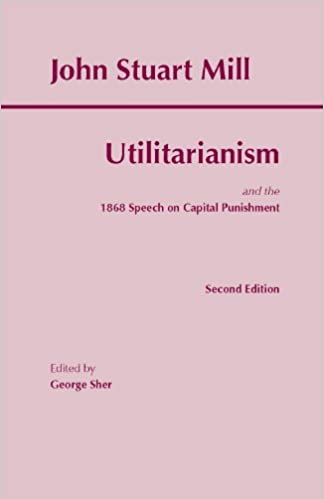
The creed which accepts as the foundation of morals “utility” or the “greatest happiness principle” holds that actions are right in proportion as they tend to promote happiness; wrong as they tend to produce the reverse of happiness. By happiness is intended pleasure and the absence of pain; by unhappiness, pain and the privation of pleasure.
The Wealth of Nations
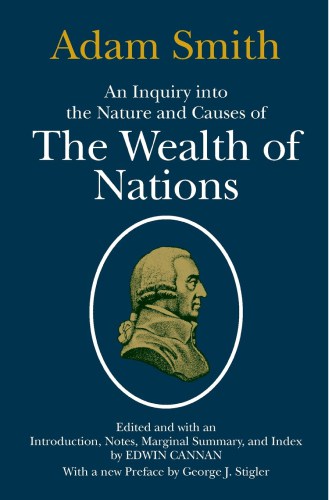
Adam Smith’s Wealth of Nations is the foundational argument for capitalism, classical liberalism, neoliberalism, and derivatively, libertarianism. It is the central text of political economy. While the work is often invoked by the ideologues of free-market capitalism, it is just as often misunderstood, misread, or ignored by those same proponents. Smith’s analyses of how interventions and changes in one section of the economy have unforeseen ramifications elsewhere is always fascinating and insightful. His fundamental belief that the self-interested economic behavior of individuals can lead, as an epiphenomenon, or as he says, by an “invisible hand,” to economic prosperity for the whole of society, can be seen as the ultimate conclusion to a line of thought initiated by Thomas Hobbes.
Second Discourse
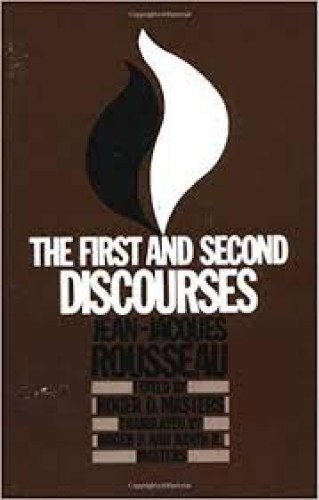
Rousseau with his Second Discourse is a superlative example of the self-critique of the Enlightenment project from within the Enlightenment project itself. The development of civilization and political society, while bringing great benefits to mankind, is paradoxically the source of most of our evils. In fact, the ultimate progress of political society will end in tyranny! This is an innovative text featuring methods and conclusions new to the history of thought. Along with his revolutionary explanation of the origins of inequality in the invention of property, he has equally revolutionary proposals about the origins of language and its development. He engages in the earliest anthropological studies, utilizing physiological and biological arguments, especially in his notes to the text, to make many of his points about the peacefulness of the state of nature.
Ain’t I a Woman
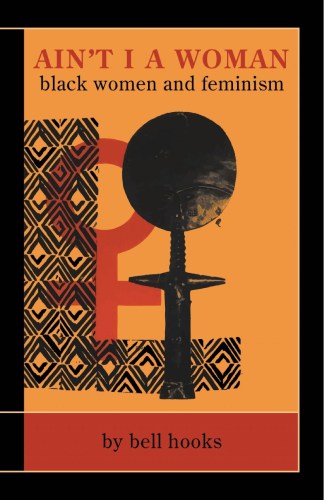
This text shines a light on a major gap in feminism and civil rights movements and traces the damaging and pervasive oppression and disregard for black women. She makes visible and clear the struggles of black women in America while also tracing the origins and roots of a dual racial and sexist oppression through slavery and into the 20th century. It is the first major study looking at the intersection of racism and sexism in the lives of black women.
Medea

This is a short, riveting text that takes students directly to topics about human nature in extremity – questions of passion, the relationship between love and hatred, justice and the most severe vengeance extending even to children. It is almost impossible not to react strongly. It is helpful in the classroom that that the beautiful but challenging poetic language and the stylized, unfamiliar character of ancient Greek drama provide enough distance for students to be able to be able to examine the most violent emotions and actions, creating the opportunity for compelling discussion.
Parallel Lives (Selections)
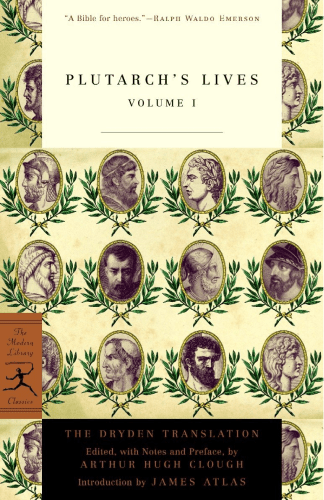
Caesar is a truly compelling character, whose career brought Rome almost to the pinnacle of its power, but also brought about the end of the republic and the beginning of empire. Through the prism of his story, students can consider a variety of questions about power, ambition, various forms of government, and the relationship of people and their leaders, that bear upon our current political situation. The narrative draws students in more effectively than most more abstract philosophical consideration of such issues, while the historical distance can also allow a more thoughtful consideration and exchange of views around these issues than may be possible when discussing the contemporary situation more directly.
Incidents in the Life of a Slave Girl
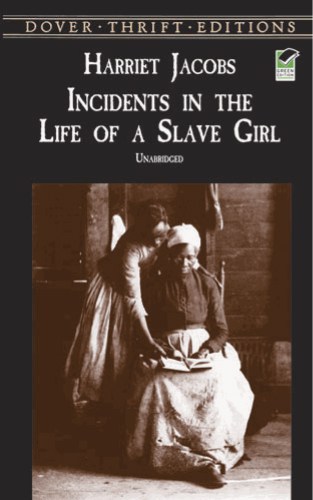
“Incidents in the life of a Slave Girl” addresses the particular issues of being a woman and a slave. Few slave narratives focus on these specific details. Jacobs is writing early Black feminism and bringing the question of Black female empowerment into the feminist conversation that won’t really accept it for quite some time.
Narrative of the Life of Frederick Douglass
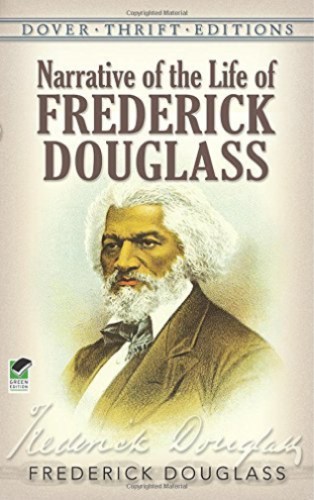
“Narrative of the Life of Frederick Douglass” is the story of humanity. One goal of the slave narrative was to assert the African’s humanity. Douglass’ narrative addresses the important question what it means to be human and who gets to decide that for anybody. This text is a way to get students talking not just about the history of slavery, but about the importance of education, and self-awareness.
Democracy in America
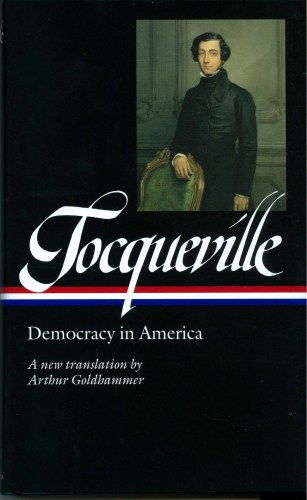
Alexis de Tocqueville’s Democracy in America allows students to grapple with complexities and paradoxes associated with democracy and democratic government. Furthermore, Democracy in America allows students to explore how democracy has changed in the United States over time. Tocqueville’s purpose for writing Democracy in America is to examine why democracy worked in the United States by the early-nineteenth century, while previous attempts in France failed. Tocqueville’s purpose will require students to examine how certain social, economic, and political conditions in individual nations can influence the success and failure of certain forms of government.
Antigone
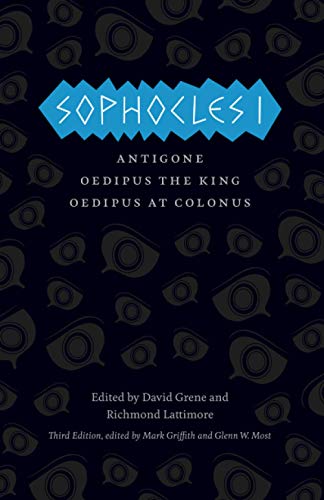
Antigone confronts the audience with the questions- is what is legal always what is just? Creon’s law denies Polyneices a basic burial rite. It is illegal to break this law, but Antigone makes the case that Creon has no right to make this law since is flies in the face of the will of the gods. She refuses to obey an unjust law. The play makes clear that Creon offends the gods with his unjust law and that he perverts the relationship between the living and dead; first by refusing to allow Polyneices to be buried and then again by burying Antigone alive. The play also offers an interesting reflection on leadership and the role of the state.

